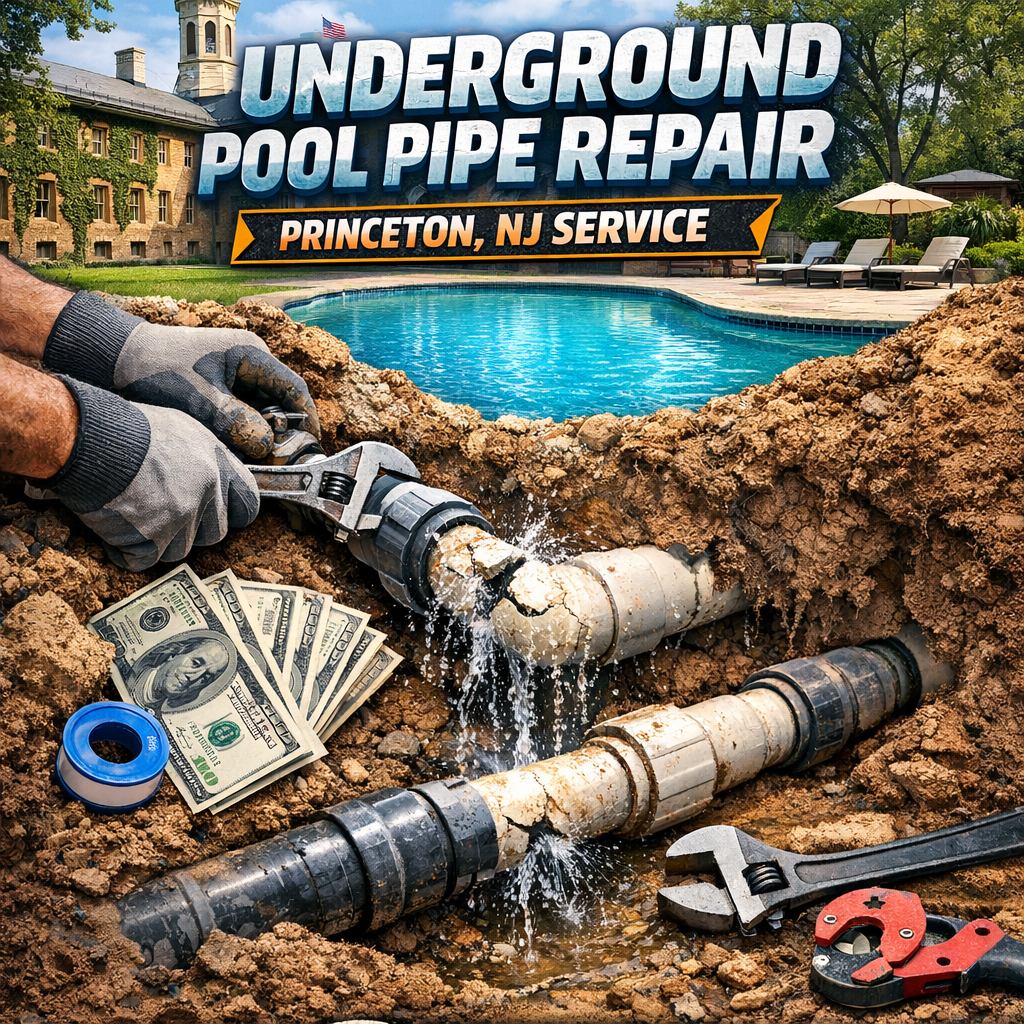Colts Neck, known for its beautiful landscapes and upscale residences, boasts many private and community pools that enhance the area’s luxury lifestyle. However, residents and pool owners in this region often encounter a common issue: suction line pool leaks. These leaks can lead to decreased water levels, increased energy costs, and potential damage to the pool system. Understanding why Colts Neck pools are particularly prone to these problems, along with recognizing the signs and implementing preventive measures, is essential for maintaining a safe and efficient swimming environment.
Common Causes of Suction Line Leaks in Colts Neck Pools
Suction line leaks in Colts Neck pools frequently arise from a combination of environmental factors, aging infrastructure, and installation issues. The area’s soil composition, which often includes clay and other unstable materials, can shift over time, causing stress and movement on the underground plumbing. This movement can create cracks or gaps in the suction lines, leading to leaks. Additionally, many pools in Colts Neck have older piping systems that may become brittle, corroded, or cracked due to prolonged exposure to water and chemicals. Improper installation practices, such as inadequate sealing or use of substandard fittings, can also contribute to early failure of the suction lines. Heavy rainfall and freeze-thaw cycles common in the region can further exacerbate these vulnerabilities, making leaks more likely as the ground shifts and pipes are subjected to temperature fluctuations.
Signs and Symptoms Indicating Pool Suction Line Issues
Detecting a suction line leak early can save pool owners from costly repairs and extensive damage. Common indicators include a noticeable drop in water level despite regular topping off, which may occur gradually or suddenly. Unusual and persistent air bubbles in the pool’s skimmer or pump basket can also signal a leak in the suction line, as air is drawn into the system through the compromised pipe. Reduced water circulation and decreased pump performance may be observed, leading to cloudy water or uneven chemical distribution. Additionally, a sudden increase in energy bills can point to the pump working harder to compensate for lost water flow. In some cases, pool owners might notice a hissing or sucking sound near the skimmer or pump area, indicating a pressure imbalance caused by the leak. Recognizing these signs early helps in diagnosing the problem promptly and preventing further damage.
Preventive Measures to Avoid Suction Line Leaks in Colts Neck Pools
Preventing suction line leaks requires proactive maintenance and careful planning during installation. Regular inspections of the piping system can help identify early signs of wear or damage, allowing for timely repairs. Using high-quality, durable materials suitable for the local soil and climate conditions can significantly reduce the risk of leaks. Professional installation by experienced technicians ensures proper sealing, secure fittings, and correct placement of the pipes, minimizing vulnerabilities. Additionally, implementing a routine maintenance schedule that includes pressure testing the system and monitoring water levels can help detect issues before they escalate. Installing a backflow prevention device or check valve can also prevent debris and air from entering the system, maintaining optimal performance. Finally, addressing ground movement through proper landscaping and soil stabilization techniques can mitigate the impact of shifting soil, which is a common cause of pipe stress and leaks in Colts Neck.
While Colts Neck pools offer residents a luxurious retreat, they are also susceptible to suction line leaks due to environmental factors, aging infrastructure, and installation challenges. Recognizing the causes, early signs, and adopting preventive strategies are crucial steps in maintaining the integrity and efficiency of your pool system. By staying vigilant and investing in proper maintenance, pool owners can enjoy a safe, functional, and trouble-free swimming experience for years to come.






